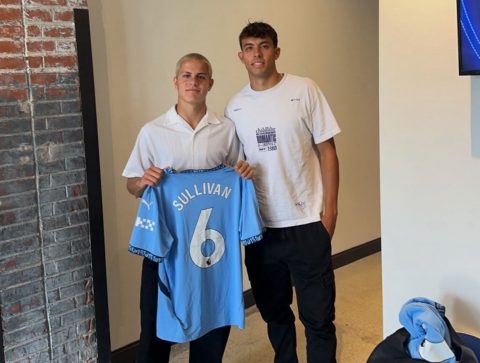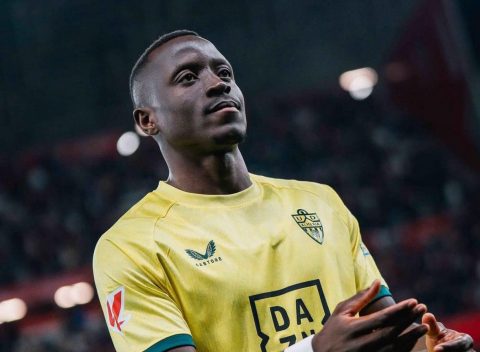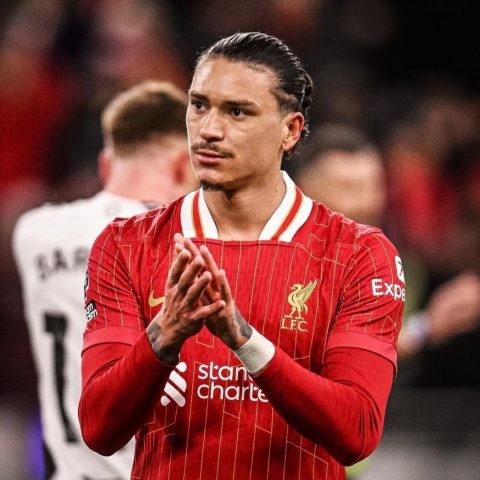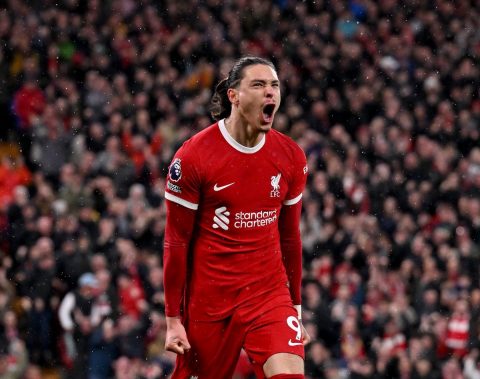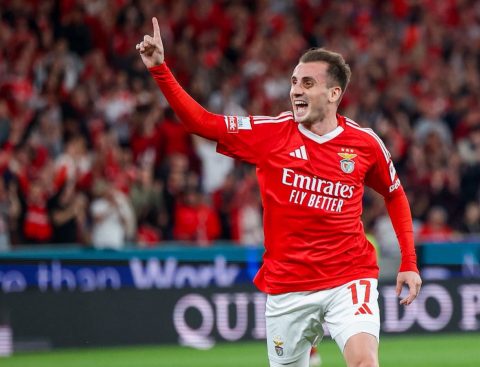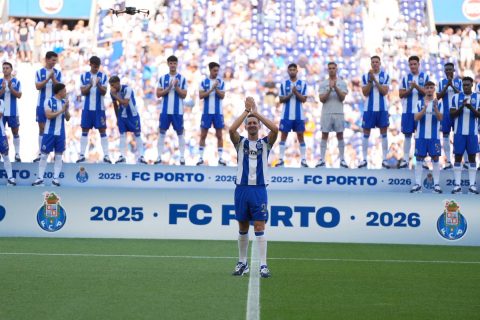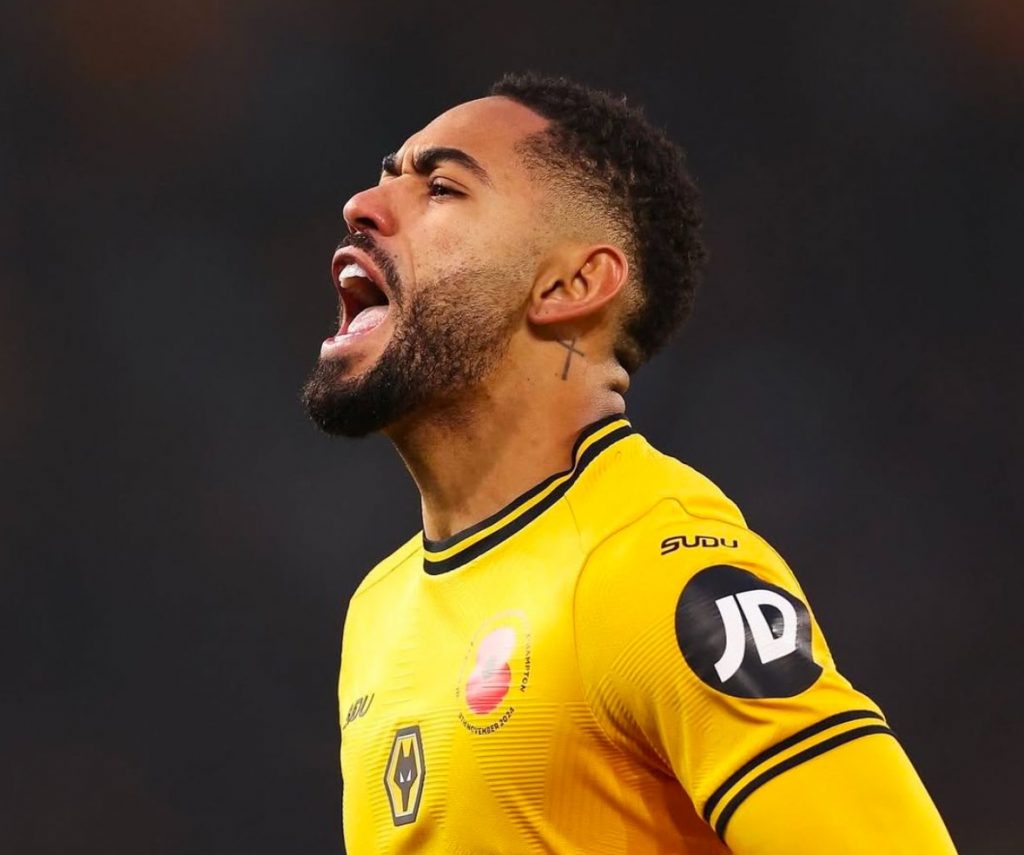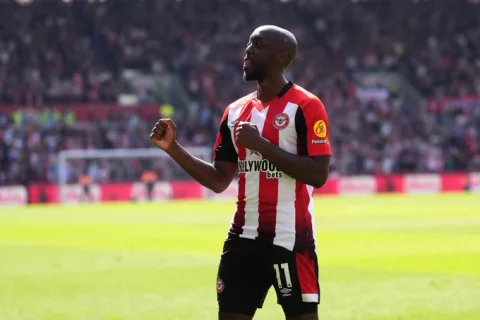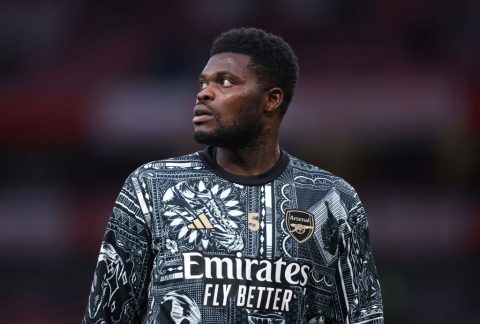In a recent press conference, Wolverhampton Wanderers manager Vitor Pereira openly expressed his dissatisfaction with Matheus Cunha’s body language and overall attitude during games. Pereira’s candid remarks have ignited discussions among fans and analysts about player behaviour and leadership within professional football teams.
Pereira’s Observations on Cunha
Pereira, known for his straightforwardness, did not shy away from addressing Cunha’s behaviour. “He’s a captain,” Pereira noted, highlighting the responsibility Cunha carries as a leader on the team. However, he added, “I do NOT like his body language.” This statement underscores a concern not just with performance, but with the energy and example set by a captain on the pitch.
Frustration in the Dressing Room
The manager elaborated that while Cunha’s desire to win is understandable, his frustration can become counterproductive if not channelled correctly. “He can be frustrated as he wants to win but everyone in the dressing room wants to win,” Pereira stated, suggesting that Cunha needs to redirect his energy positively to inspire his teammates. This sentiment reflects a broader perspective that while passion is crucial, it must align with the team’s ethos and leadership dynamics.
Pereira’s Warning
Pereira’s remarks came with a warning: “I understand it now, I will NOT understand it next time.” This direct statement implies that Cunha’s current behaviour is under scrutiny and expected to improve. It highlights Pereira’s insistence on professional conduct and the importance of attitude in successful team dynamics.
The Role of a Captain
Captaining a team like Wolverhampton Wanderers in the Premier League is no small feat. A captain is not just a player but a representative of the team’s spirit and determination. The captain’s influence extends into maintaining morale within the team and exemplifying resilience, especially during challenging matches. Pereira’s emphasis on Cunha’s body language hints at how integral these soft skills are to effective leadership.
Team Culture and Expectations
The expectations from players, especially captains, are high in the Premier League. With clubs competing at one of the highest levels globally, every match is a test of character and skill. Pereira’s press conference reflects the continuous pressure to meet these standards and the critical role leadership plays in navigating this pressure.
Fan and Analyst Reactions
The football community has responded with mixed reactions to Pereira’s comments. Some fans argue that open feedback is necessary for growth, while others feel such critique should remain within the team to maintain internal harmony. Analysts, however, see this as a strategic move by Pereira to galvanize the team and ensure that everyone’s focus aligns with the club’s ambitions.
This situation also opens discussions about the psychological aspects of sports and how player attitudes can affect team performance. It highlights the need for balance between competitive spirit and psychological resilience.
